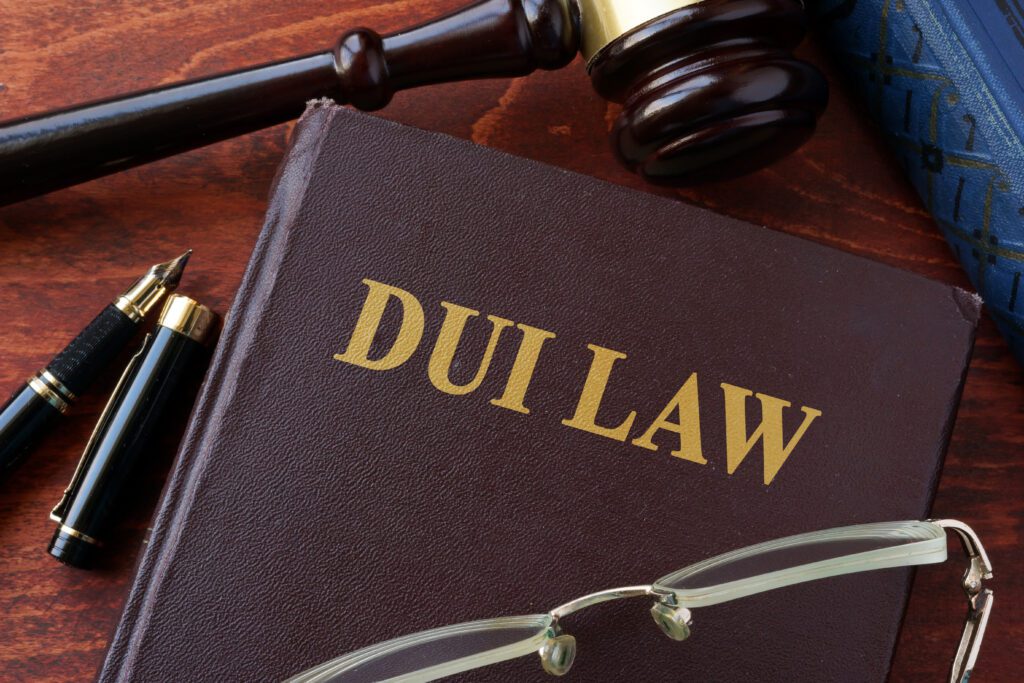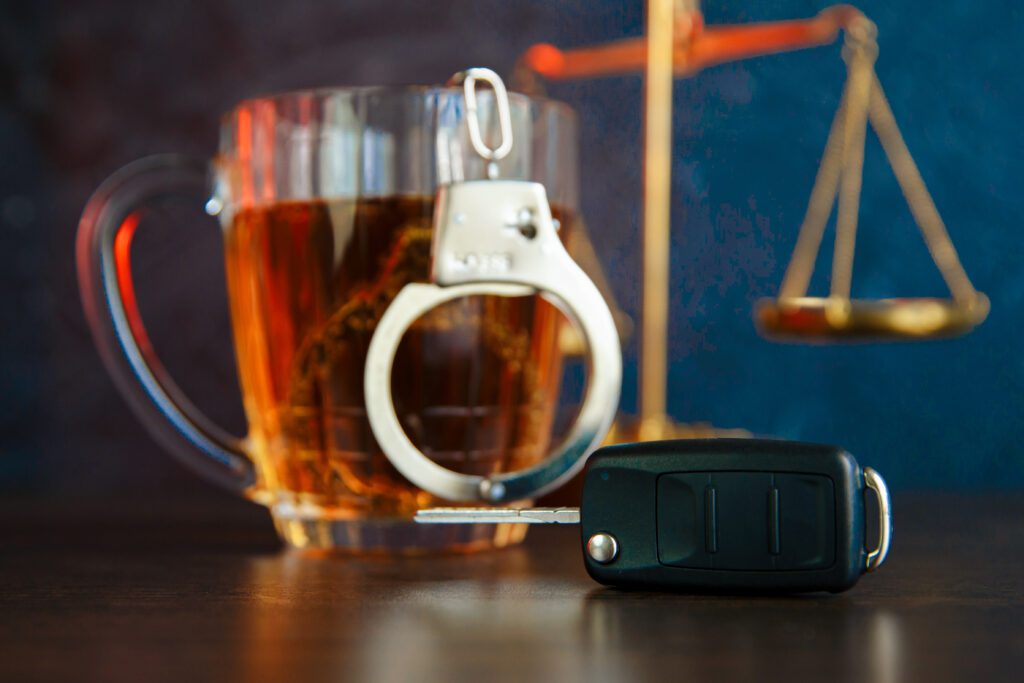
New drivers, drivers who have recently been arrested, and their families may have many questions about DUI license law in Michigan.
The following are answers to several common questions about DUI license laws in Michigan.
1) What is the blood-alcohol limit in Michigan?
The blood-alcohol limit in Michigan is .08.
2) How much does your BAC go up after one drink?
Generally, one drink raises your BAC by .02. However, the BAC may be different depending on the types of drinks you consumed, your weight and your gender.
3) My friend’s BAC was less than .08, but she was still arrested. Is that legal?
Yes. A driver can be arrested at any BAC level if they show signs of impairment.
4) According to DUI/license laws in Michigan, Is it illegal for a minor to drink anything at all?
It is illegal for a minor to consume alcohol. However, there may be exceptions for a BAC of less than .02 to allow children to consume alcohol for religious purposes or eat certain foods.
5) How long do you go to jail for drinking and driving in Michigan?
A first DUI typically has a sentence of up to 93 days in jail, as well as a $500 fine, up to 360 hours of community service, 180 days of license suspension, and six points on your driver’s license.
A second offense carries a sentence of up to one year in jail, up to $1,000 in fines, up to 90 days of community service, and vehicle immobilization.

After a third offense, which is considered a felony, a driver could be sentenced to up to five years in prison, up to 180 days of community service, and vehicle immobilization.
If the driver is allowed a restricted license, use of an ignition interlock device may be required.
6) I keep hearing the phrase “high BAC.” What is a high BAC in Michigan?
A high BAC is .17 or higher. If you are arrested and have a high BAC, penalties may increase. For instance, after a first DUI, your license would be suspended for a full year rather than six months.
7) What are the differences between OWI, UBAL, OWVI, OUID and DUI?
First, DUI isn’t an official penalty; that’s a common phrase used for several different types of scenarios. It stands for driving under the influence.
The rest are actual charges that can be used depending on the circumstances.
- OWI stands for “operating while intoxicated.”
- OWVI stands for “operating while visibly impaired.”
- UBAL stands for “unlawful bodily alcohol level,” which isn’t as common as some of the other charges.
- OUID stands for “operating under the influence of drugs.”
8) How can I get my license back after my suspension period is over?
You would apply to get your license back through the Michigan Secretary of State’s office. You would have to pay a fine of $125 and possibly some other small fees.
9) What is the difference between a license suspension and a license revocation?
A license suspension is temporary and has a timeframe. A license revocation is indefinite.
10) How would you get a license back after a revocation?
Getting a license back after a revocation would require you to appear before a state’s Administrative Hearings board. It would also require several steps, including obtaining letters of recommendation, assuring the board that you will no longer drink and drive, and following other rules of your revocation, such as attending sobriety classes and using an ignition interlock device.
11) Are drivers allowed to refuse breath tests under Michigan’s DUI law?
You can refuse a breath test, but your license would automatically be suspended for one year. Additionally, police officers could obtain a search warrant that would require you to take a blood test.
For answers to additional questions about DUI/license laws in MIchigan, see my website, read our past blogs, or contact me for a free consultation.

